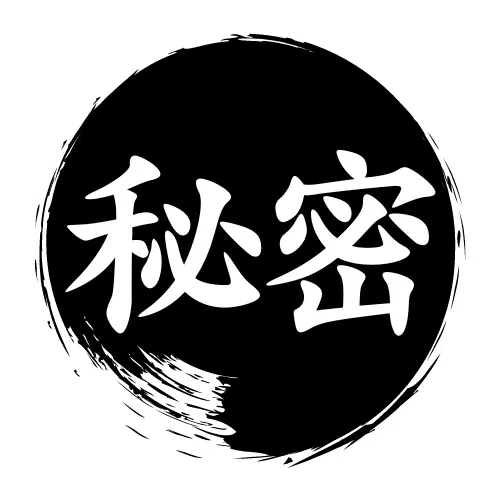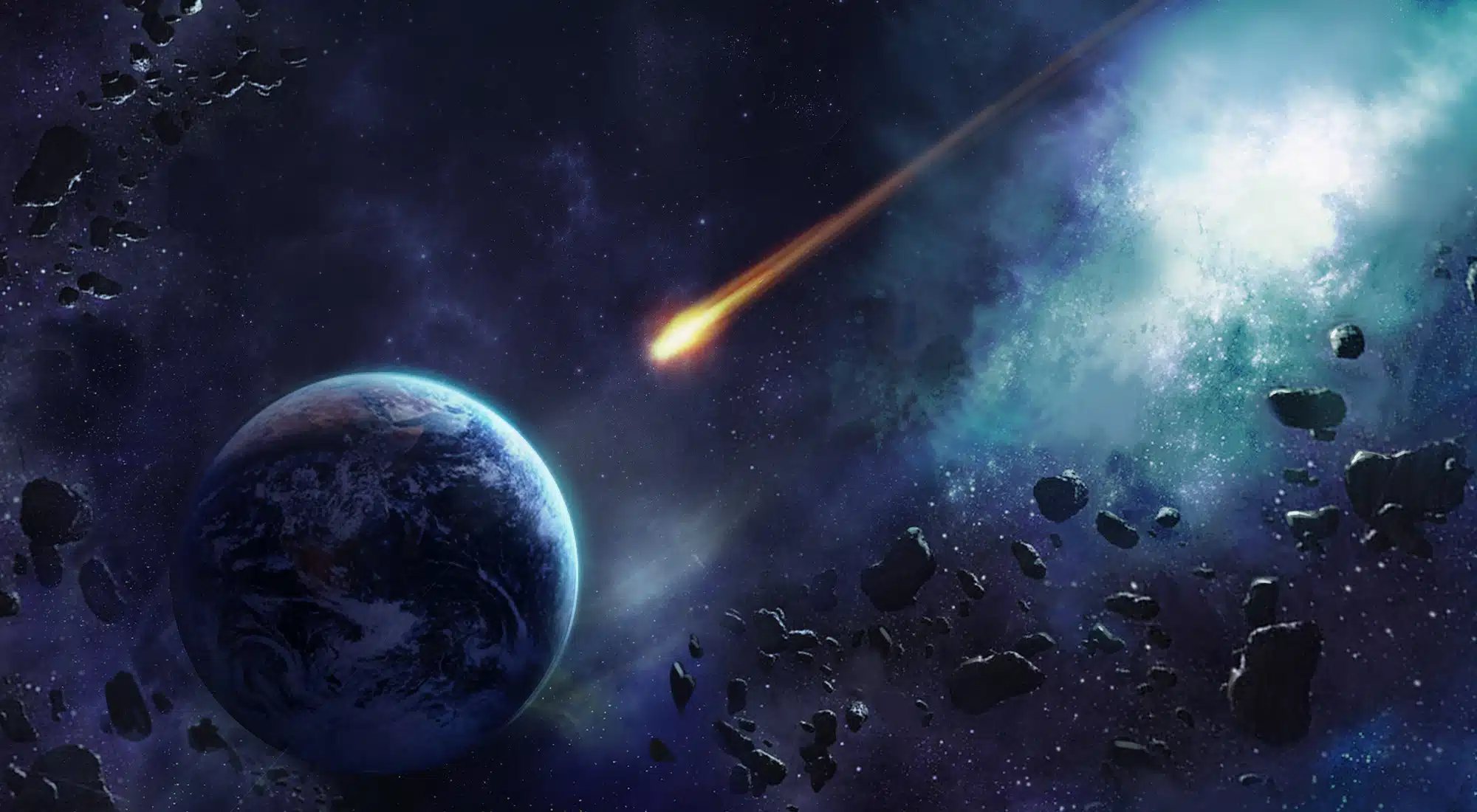Third Trumpet: The Waters Struck
At the sound of the third trumpet “a great star fell from heaven, burning like a torch, and it fell on a third of the rivers and on the springs of water. The name of the star is Wormwood…” (Revelation 8:10-11). Unlike the second trumpet judgment, this one is clearer in terms of what the interpretation of this “star” could be – a meteor. We’re told in Revelation 8:10 that this star “fell from heaven” which further adds credence to those who believe this is a meteor or asteroid of some kind.
This “star” falls on 1/3 of the rivers and springs and makes them bitter killing those that drink it. We saw how the second trumpet judgment turns a 1/3 of the oceans to blood and now rivers and springs are affected as well further impacting humanity’s water and food supply. It’s interesting to me how John states the name of this star for us. Every word in the bible is useful to us and nothing has wasted meaning.
Wormwood as we know it is a herb commonly used for those with digestive problems such as loss of appetite, upset stomach and can also be used to treat fevers, depression, muscle pain, etc so why would the third trumpet judgment bear the same name as a helpful herb? The answer may lie in the oil thujone.
WebMD, a site that offers medical news, reference materials, and provides beneficial health information states that side effects may come with the ingesting of this oil in wormwood, “Wormwood oil contains the chemical thujone, which excites the central nervous system. However, it can also cause seizures and other adverse effects”. They go into further details on the symptoms one may encounter if this oil is ingested including death,
Wormwood that contains thujone is POSSIBLY UNSAFE when it is taken by mouth or used on the skin. When taken by mouth, thujone can cause seizures, muscle breakdown (rhabdomyolysis), kidney failure, restlessness, difficulty sleeping, nightmares, vomiting, stomach cramps, dizziness, tremors, changes in heart rate, urine retention, thirst, numbness of arms and legs, paralysis, and death.
Drugs.com, another medical information website that strives to be the internet’s most trusted resource for drug and related health information, echoes the same idea in its entry on wormwood.
Under the toxicology section, it highlights the possible dangers in ingesting wormwood that is not thujone free, “Wormwood is classified as an unsafe herb by the US Food and Drug Administration (FDA) because of the neurotoxic potential of thujone and its derivatives; it is generally regarded as safe if it is thujone free.”
In a 13 week toxicity study of wormwood on rats published in The Journal of Toxicological Sciences in 2003, the affects of wormwood extract was tested on rats. The study noted that “it has been reported that the administration of a high dose of thujone induced recidivism, hallucination, derangement, and convulsion in humans,” (pg 477).
What also strikes me as interesting is withing the abstract of this study they stated that wormwood is a “very bitter plant”, a fact we should take notice of when considering the third trumpet judgment makes a 1/3 of the rivers and springs bitter.
Lastly, a report titled Toxicology and Carcinogenesis Studies of Thujone in Rats and Mice published by the National Toxicology Program in 2011 also presented similar findings. Their goal was to study the affects the thujone would have on male and female rats and mice to “identify potential toxic or cancer-related hazards”.
All male and female rats receiving 50 mg/kg α,β-thujone died before the end of the study. All of those animals, and most receiving 25 mg/kg, experienced seizures. In male rats there was an increased incidence of cancers of the preputial gland and a slight increase in the incidence of pheochromocytomas of the adrenal gland. Nearly all male and female mice receiving 25 mg/kg α,β-thujone experienced seizures, and all of the female mice receiving 25 mg/kg died before the end of the study. No increases in cancers were observed in female rats or in male or female mice.
Now that we have a better idea of the toxicity of thujone in wormwood, we can see why the star in the third trumpet judgment that causes a 1/3 of the rivers and springs of the earth to taste bitter and kill those who drink it is called wormwood.
Based on these studies, we can see that if a high enough dose of thujone is ingested, it can have severe side effects or even death. I believe that this star, although not being the plant wormwood itself, may contain thujone or a chemical similar to it giving it the name “wormwood” for having similar effects on those who ingest the waters in falls on.
Sources
- Wormwood – Entry by WebMD
- Wormwood – Entry by drugs.com
- Thujone – Entry by AACC (The American Association for Clinical Chemistry)
- Thirteen-week repeated dose toxicity study of wormwood (Artemisia Absinthium) in rats (2003) – published by The Journal of Toxicological Sciences
- Toxicology and Carcinogenesis Studies of Thujone in Rats and Mice (November 2011)




 Support the Ministry
Support the Ministry